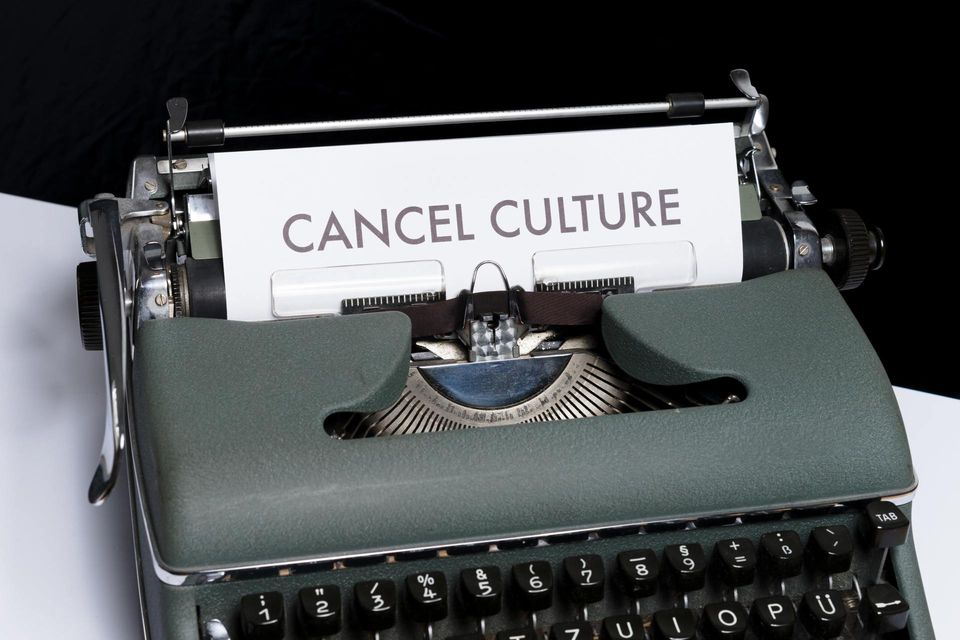COVID, Racism, Riots, and Politics: Cancel Culture (Part 6)
Dictionary.com defines cancel culture as the popular practice of withdrawing support for (canceling) public figures and companies after they have done or said something considered objectionable or offensive. Cancel culture is generally discussed as being performed on social media in the form of group shaming. Closely related to this is virtue signaling, again defined by Dictionary.com as the sharing of one’s point of view on a social or political issue, often on social media, in order to garner praise or acknowledgment of one’s righteousness from others who share that point of view, or to passively rebuke those who do not.
While I understand the desire of those who wish to call out the rich and famous on certain negative behaviors or cavalier attitudes, I have several questions to consider:
- Who gets to decide what is objectionable or offensive? By what ultimate standard is one deemed worthy of being boycotted/cancelled?
- Is anyone above reproof in all areas of life and thus rightfully able to cancel another? (see Matthew 7:3 and John 8:1-11)
- Is cancelling or publicly shaming someone the best way to correct a problem?
- Does it not ultimately hurt the canceller’s own well-being since virtue signaling fosters self-righteousness and pride instead of self-reflection—thus causing one to focus on his or her problems?
Based on the questions above and In light of my last post on the tearing down of statues and defunding the police, here are some more questions to fuel our thinking: Which statues, if any, should be torn down because of certain reprehensible acts committed by those represented at one time in their lives? From Nelson Mandela to Winston Churchill to Mahatma Gandhi to George Washington—which of these men lived completely above reproach? Martin Luther is considered by some as anti-Semitic due to some of his writings. Is everything else he wrote thus to be completely discounted? Does the context of one’s time also factor in to the discussion or can we judge 16th century thought and action completely based on 21st century perspectives? That’s certainly not to excuse Martin Luther or any other figure from some of the things they got wrong, but what would we lose if we canceled all historical figures due to their human failures, wrong thinking, or misguided efforts? Can we not learn much from both the positive and negative aspects of these people’s lives?
[Please understand that I am not defending all statues or any statues for that matter—see my prior post on what the Bible has to say about statues. From a secular point of view there may be some statues that need to be removed because of how offensive they are to certain groups of people. Furthermore, there may be some people whose life examples need to be highlighted and remembered, though not currently featured in society. I especially think about the fact that, in the past, missionary statesmen and explorers such as David Livingstone were generally lauded and applauded by the public. Now most of our cultural heroes are those using their God-given talents to make themselves rich and famous through the arts and sports—many whose lives are anything but exemplary. Perhaps our current cancel culture is a misguided effort to highlight the good, moral, and proper.]
Consider yet our police departments across the nation. No one should defend any acts of police brutality or unwarranted violence against anyone. But just because we are all armed with newscasting ability in the palm of our hand and can capture every negative example of injustice (and easily edit or doctor to suit the canceller’s agenda), it does not mean that “all cops are bad/_____” (ACAB) or that these negative acts far outweigh the positive ones across the nation. Promoting one narrative at the expense of another does not bring resolution to our social ills, injustice, and racism—it only exacerbates the problem, creating further tension, division, and violence.
Our current cancel culture has little in common with the notions of grace, redemption, and justice contained in the Gospel. It’s heavy-handed use of shame flies in the face of God’s gentle Spirit of conviction which leads the guilty to repentance. There is none righteous, no not one (see Psalm 14:1-3, Psalm 53:1-3, & Romans 3:10). Am I ever glad God doesn’t cancel me!
Feedback? Thoughts? Please email them to luke@lukekuepfer.com.















